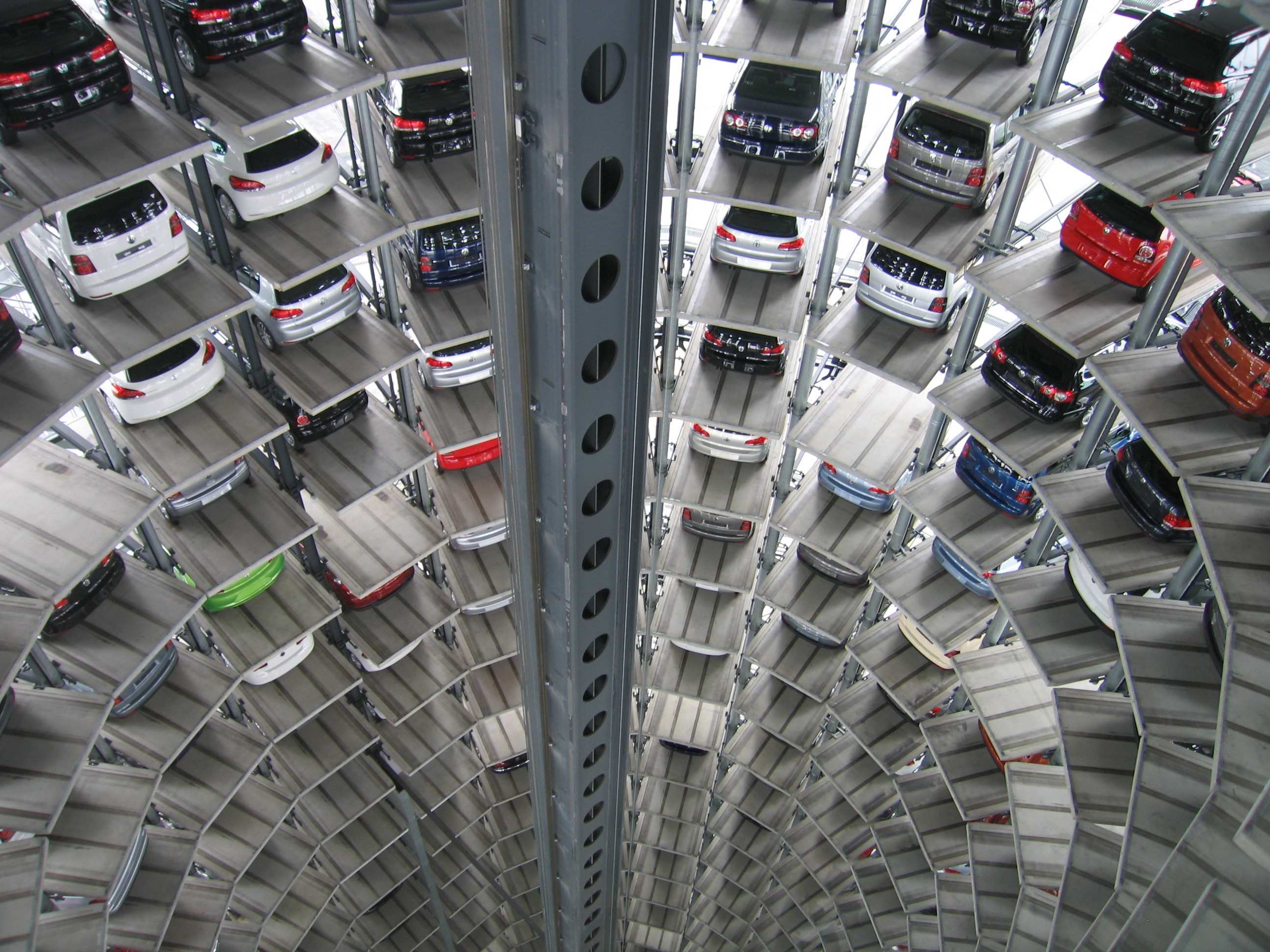Article Link
World petrol demand ‘likely to peak by 2030 as electric car sales rise’
Wood Mackenzie predicts global oil growth will plateau about 2035 – earlier than some previous forecasts
World petrol demand will peak within 13 years thanks to the impact of electric cars and more efficient engines, energy experts have predicted.
To peak: to reach the highest level
“Our sales peaked for the year in October.”
“This is our peak sales period, we need to make the most of it”
UK-based Wood Mackenzie said it expected the take-up of electric vehicles to cut gasoline demand significantly, particularly beyond 2025 as the battery-powered cars go mainstream.
Combined with car manufacturers forced by regulations to produce models that run further on the same amount of oil, a new report by the analysts suggests global gasoline demand is likely to peak by 2030.
The UK and France have recently said they will phase out sales of new petrol and diesel cars by 2040. China, the world’s biggest car market, is mulling a similar move, which would have a significant impact on oil demand.
To mull (over): To consider; to think about
“We are mulling moving our offices to Pārdaugava”
“Review the contract, and mull over our offer”
“Let’s not make a decision just yet. Let’s mull it over and meet again tomorrow”
Of the 96m barrels of oil consumed globally each day, 60m are used for transport, which Wood Mackenzie predicts will stall by 2030.
To stall / to plateau: to lose the ability to move forward
“We need a new approach, negotiations have stalled”
“Interest in this product has plateaued”
“I was late because my car stalled on Brivibas”
Alan Gelder, a senior analyst at Wood Mackenzie, said the ripples of gasoline’s plateau would be felt much earlier, as oil companies put off investment in refineries and the number of petrol stations is reduced.
To ripple: an action that produces a continuous and expanding effect:
“The housing crisis caused ripples through all industries”
To put off: to delay
“Let’s not put off the decision, we should make it today”
“They are delaying the new design until March”
“We are becoming increasingly efficient as we use our energy. So as economies grow we are less reliant on oil, so the significance of oil in the global economy should decline over time,” said Gelder.
For countries that rely strongly on tax income from fuel duty, such as the £28bn the tax brings in for the UK each year, falling gasoline demand will pose a challenge for governments, he said.
To pose: to create or bring up as a subject of conversation, re: a challenge, a problem, a question.
“He poses an interesting question: how will we move forward?”
“This weather poses an interesting challenge to our shipping channels”
“These regulations pose a problem for our clients”
In the short term, regulatory changes to fuel efficiency standards imposed by Barack Obama in the US, and by the EU and China, will be the biggest curb on gasoline demand. Battery-powered cars are expected to have a bigger impact later.
To curb: to lessen in effect, to make less powerful or control
“You can curb your cravings for cigarettes with exercise”
“We need to curb our spending until the end of the year”
“Regulations can help curb the effect of CO2 emmisions”
“Post-2025, that’s where electric car sales take off. The further you go into the future, the more it’s electric cars,” said Gelder, who foresees plug-in models taking 10% of global new car sales by 2030. If cities began banning cars with a combustion engine, that would rapidly accelerate the switch to electric vehicles, he added.
While gasoline will peak first, the analysts expect total oil demand to plateau about 2035, as growth is hit by climate change policies and developing world economies maturing.
Although the “market used to worry about peak oil supply”, Wood Mackenzie said, the industry’s chief concern now was a peak in demand.
“The prospect of peak oil demand is very real,” said the group. Its forecast of peak oil demand is relatively early compared with BP’s prediction of the mid-2040sand the International Energy Agency’s expectation of 2040.
However, some oil firms, such as Shell, believe the peak could come in the early 2030s or potentially even late 2020s due to growth in cars powered by biofuels and batteries. The Anglo-Dutch firm believes the impact on oil demand from more fuel-efficient cars will far outweigh the impact of electric vehicles.
The price of of oil stood at one of its highest levels this year on Thursday, at $58.24 (£43.83) a barrel, after reports of skirmishes between Iraqi and Kurdish forces in oil-producing areas, and concerns over sanctions against Iran.
- Toyota has announced it will test electric cars in Japan from 2020 equipped with artificial intelligence to help the cars better understand and adapt to their drivers. A driverless concept car, the Concept i-series, can also be driven manually.
The AI will gauge “emotion and level of alertness by reading the driver’s expressions, actions, and tone of voice”, the Japanese manufacturer said.


